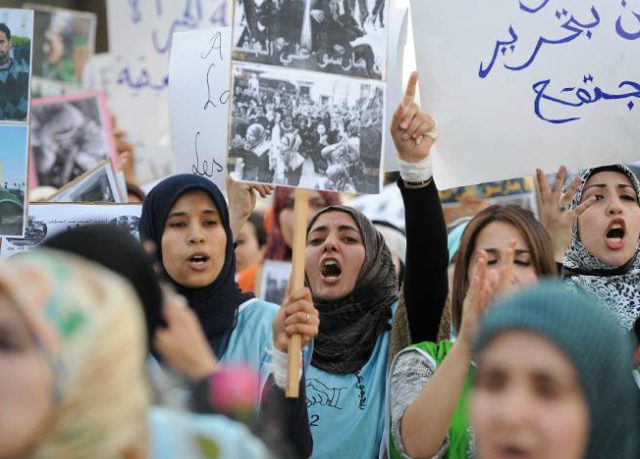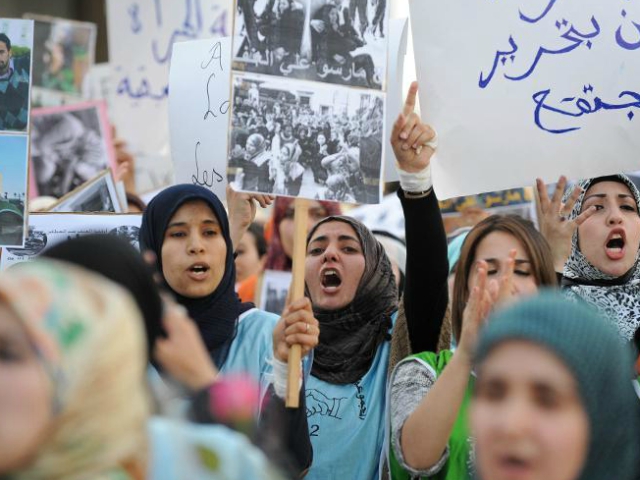Reuters
Thomson Reuters Foundation
by Heba Kanso
A new law criminalising violence against women that came into effect in Morocco on Wednesday does not fully protect women against forced marriage or domestic violence, activists said.
Campaigners broadly welcomed the new law, which criminalises “harassment, aggression, sexual exploitation or ill treatment of women” in Morocco.
But they criticised loopholes that would allow girls under 18 to marry and said a failure to define forced marriage would make it difficult to enforce a ban.
“How are women supposed to be protected when there is no definition of what is forced marriage?” said Stephanie Willman Bordat, co-founder of rights group Mobilising for Rights Associates.
“For some women, choice doesn’t exist. When you have family pressure, social stigma on single women, poor economics … all of these things – so what does forced look like?” Bordat told the Thomson Reuters foundation by phone from the capital, Rabat.
Nearly two-thirds of women in Morocco have experienced physical, psychological, sexual or economic abuse, according to a national survey.
A video of a young woman being sexually assaulted by a gang of teenage boys on a bus in Casablanca last year sparked outrage in the country.
According to the advocacy group Girls Not Brides, 16 percent of girls are married before the age of 18 in Morocco, where they are allowed to wed with judicial consent.
“More must be done to ensure girls are protected from the harmful consequences of child marriage,” said Matilda Branson, Senior Policy and Advocacy Officer at Girls Not Brides.
“The law also places the onus on girls to report their own marriages, who may face reprisals from their husband and family as a result,” she said in an emailed statement.
In 2014 Morocco overhauled a law that let rapists escape punishment if they married their victims. The change followed the suicide of a 16-year-old girl forced to marry her rapist.
Activists said Tunisia, which passed its own law protecting women against violence last year, had set a strong example. Unlike Morocco, Tunisia explicitly outlaws marital rape.
Suad Abu-Dayyeh, a Middle East expert with the global advocacy group Equality Now, welcomed the law as a “positive step” to protect women, but said implementation was key.
“We want to see the implementation of this law – forced and child marriages are very much happening in Morocco.”
(Reporting by Heba Kanso @hebakanso, Editing by Claire Cozens. Please credit Thomson Reuters Foundation, the charitable arm of Thomson Reuters, that covers humanitarian news, women’s rights, trafficking, property rights, and climate change. Visit www.trust.org)








